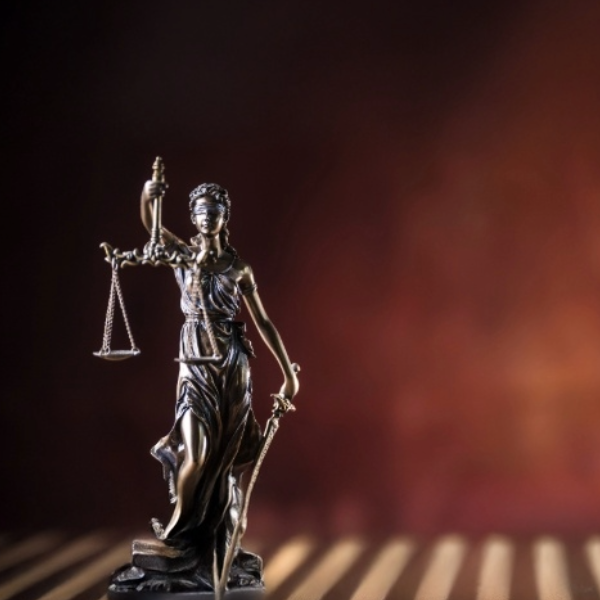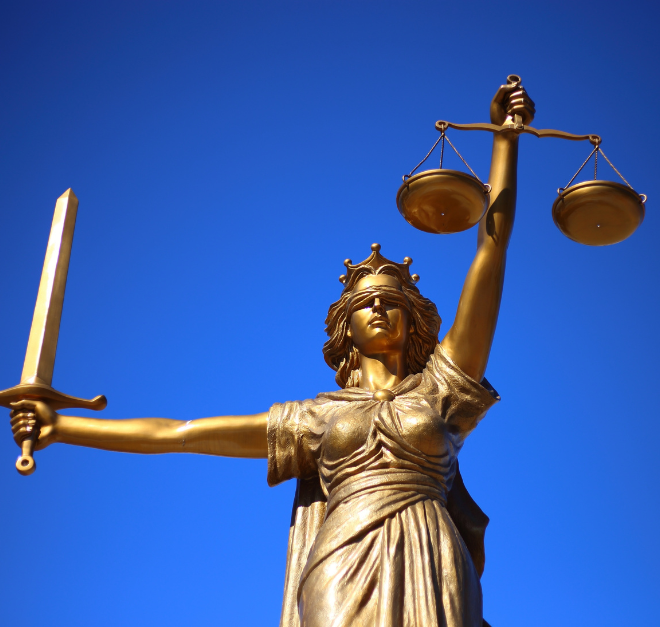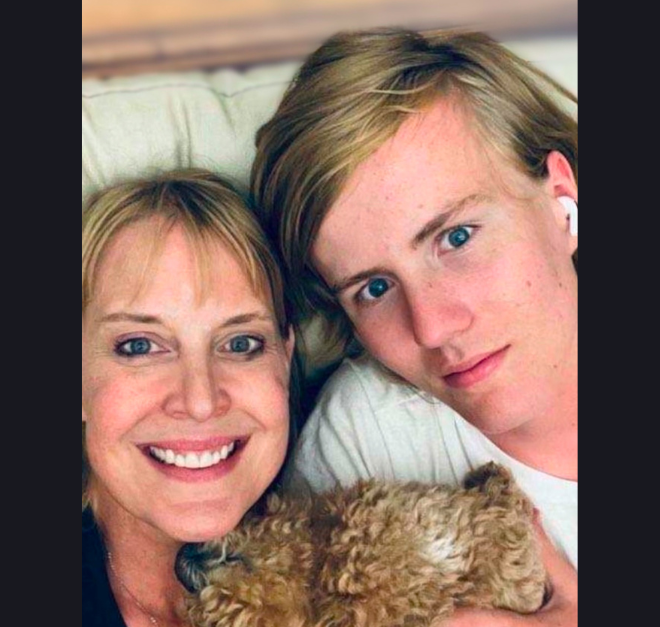The easygoing Southern accent and quiet wit that Andy Hoyal imported from Nashville to Seattle may charm and disarm you – but don’t let it fool you.
Andy, an integral leader of Luvera Law Firm’s motions practice, embraces the adversarial nature of the legal system and tenaciously approaches each case like a game of chess, always anticipating moves and countermoves when crafting arguments that position a case for success. The fact that he earns the respect and goodwill of clients, colleagues, opposing counsel and judges along the way is a testament to his many talents and affable nature.
After graduating from Vanderbilt Law School, Andy practiced in Tennessee for 12 years, trying civil rights cases in federal court and working with the Attorney General’s office and the state Supreme Court. He has exclusively represented plaintiffs for more than three decades in the Northwest, advocating across state and federal courts.
Now, Andy reflects on the defining moments of his career—including a run up to the United States Supreme Court—and the public impact of his advocacy. Read on to learn more about Andy and his accomplishments below.
Through the years, what has invigorated your passion for law?
I like going to court. I like the competitiveness of it – the adversarial system. The opportunity to use my own intelligence, legal background and experience to help people has fueled my passion all these years. In fact, it is the experience of the courtroom in critical moments that have revealed for me just how much fortitude and guts are needed sometimes to obtain justice. It is this very mindset that drew me to the Luvera Law Firm because I knew that Paul Luvera, our founder, embodied that same outlook.
John F. Kennedy defined happiness as “the full use of your powers along lines of excellence.” Practicing law at the firm has given me the opportunity to use my abilities. It is especially satisfying because we represent people who have often suffered profound injury and loss and who need our help. It makes my job worthwhile.
Can you tell us a little bit about the motions practice and why writing skills are a critical component?
In our cases, pre-trial motions play a significant role in determining the information or discovery we receive from the other side, the legal theories we pursue, and ultimately the evidence that is admitted at trial. Courts need clear, well-written and well-reasoned briefs they can trust in reaching decisions, and that is what we give them. In the Amtrak derailment cases, for instance, we had to file multiple motions to force Amtrak to produce documents to show that its corporate leadership back East knew Amtrak was woefully unprepared to operate the new line.
From the beginning, we are constantly shaping our cases to get the best result at the end for our clients. It’s sort of like a chess game where you’re trying to think several moves ahead, to be ready for different possibilities. We watch and listen to judges closely to get an indication of what they are thinking in order to prepare for the next move or for something well down the road.
That’s an interesting point about the importance of the judge’s perspective and working style.
Yes, my mentor, the late Tennessee Supreme Court Justice Frank Drowota always told me, “know your court,” and he was absolutely right. A good example of where this really came into play was the monumental case following the 2002 sniper shootings in and around Washington, D.C.
We represented the victims and their families in Pierce County because the sniper’s gun came from Bullseye Shooter Supply, a firearms dealer in Tacoma. About a month before a critical motion, I went down to the Pierce County courthouse just to observe how the judge ran his courtroom and how he made decisions. I always try to see a judge or know something about them before I start writing for them. There’s a spectrum of judicial approaches, and you need to know how your particular judge operates.
In the sniper case, we had a very challenging precedent. I needed to convince the judge that the precedent did not apply, and that he should allow the case to go forward. Ultimately, we ended up winning the motion. This was the one and only time that a gun manufacturer was held liable for negligence for the way it distributed its weapons to irresponsible dealers. I was proud that we got justice for our clients – and that our diligence in doing our research paid off.
Is there another case that stands out as being particularly impactful?
For me, it would be the case we brought on behalf of our client Walter Daniel. For years, we’ve received calls from servicemembers wanting to challenge the Feres Doctrine, which is a longstanding U.S. Supreme Court precedent preventing them from bringing medical malpractice lawsuits against military healthcare providers. In Walt’s case, we realized that the time was right to take on something of this magnitude. I also had my own personal reasons for the case. I spent part of my life as a military brat, and that experience and concern for servicemembers and their families helped me prepare the case. I was pleasantly surprised by the calls of support I received, including one from an active duty military doctor who called from Afghanistan.
The odds were always against overruling a 70-year-old precedent. I had to use every bit of my legal knowledge and experience and background in military medical care to develop the argument for the U.S. Supreme Court. I happened to be having breakfast in the Willard Hotel in Washington D.C., the same hotel where Abraham Lincoln met William Seward for breakfast shortly before his inauguration, when I received the order denying our petition. Although I was deeply disappointed that we had lost, the late Justice Ruth Bader Ginsburg and Justice Clarence Thomas voted to grant our petition, perhaps the only time the most liberal justice and the most conservative justice joined forces against the rest of the Court. At the end of the day, I was really proud of our efforts and our ability to shed light on this important issue for servicemembers and their families.
[Click here for more information about Andy’s efforts to support the legal rights of U.S. military servicemembers.]
What’s your best advice for young attorneys?
Be honest. You don’t want to wake up at night worrying that something you have said or done is going to be disclosed and get you in trouble. I think of Watergate as an example in which attorneys—and they were nearly all attorneys—crossed the line and paid for it. As a lawyer, your credibility and integrity with the courts and your colleagues are the most important assets you have.
Outside of work, what are your interests or hobbies?
I like to cook ribs, and as a family, we like to host people at our home. We have a 19-year-old son who keeps us busy. Outside of that, I love to read. As you might suspect, I am something of a political history nerd. I just finished a new biography of JFK as well as Eric Foner’s recent book on Reconstruction and the Constitution. I read for relaxation, though I frequently run across stories or information that I work into my legal writing.







